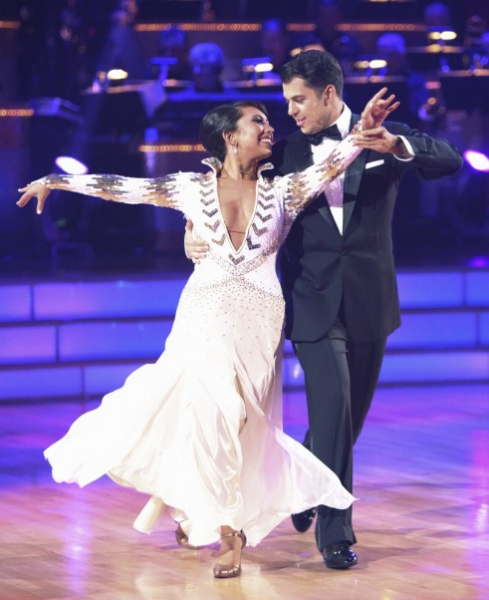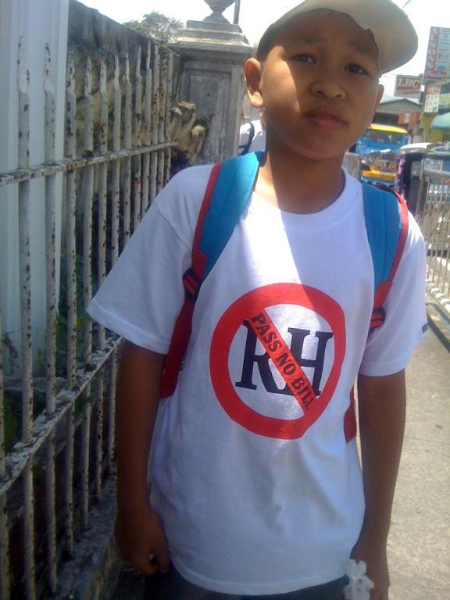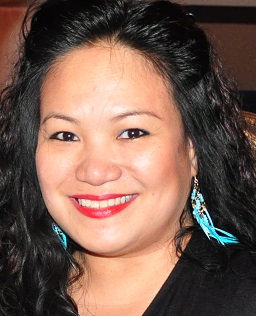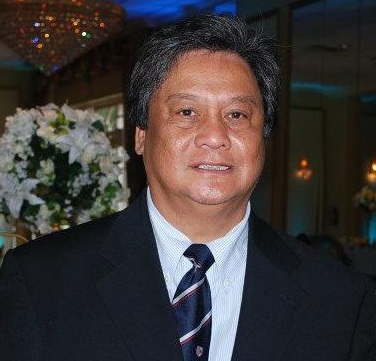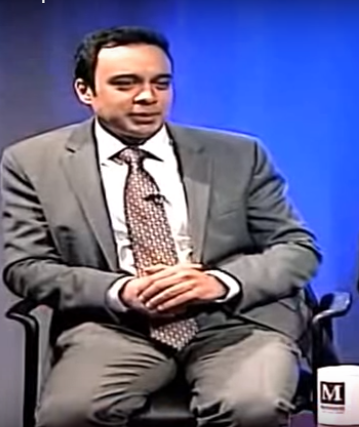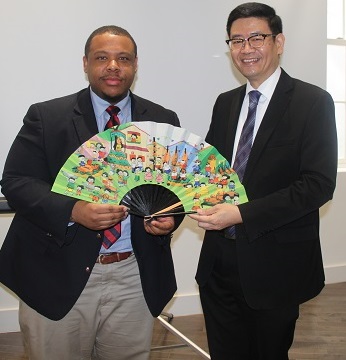Statistics is my dance
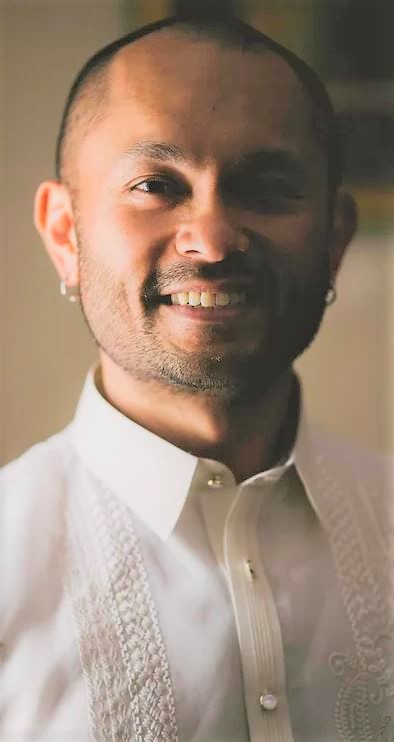
By Eric J. Daza
I failed or almost failed out of a few core STEM courses in my biology undergrad — including calculus. I barely passed my core major GPA requirement to graduate, and scored a middling overall GPA.
Today, I hold a doctorate in biostatistics from a top public health school, and completed a postdoc in health behavior at a top medical school. And in 2022, I was recognized by both Forbes and Fortune for my innovative work in health data science.
How did I get here?
My undergraduate life as a curious, involved, but immensely distracted science major was academically frustrating and anxiety-ridden. I’d been fascinated by neurobiology and consciousness since high school. But in college, I just couldn’t bring myself to focus, to do the work.
And with every passing year, I grew more and more involved with student theatre, both backstage and in front of audiences — a trend that negatively correlated with my academic performance. Even as my grades collapsed, my growing interest in all things thespian ignited a years-long journey of deep experiences and friendships.
I began soul-searching. I’d hit academic rock bottom — but in those depths, had discovered an insatiable, addictive affinity for the performing arts. I felt aimless and stretched thin, but also more alive than ever. Should I have switched majors? Was it too late? What the heck was I supposed to do with my life now, at the end of college?
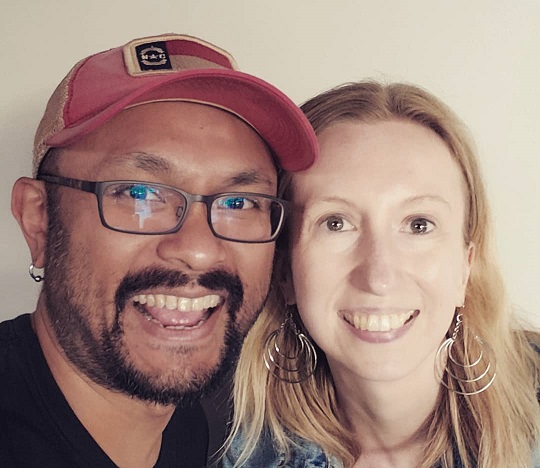
One of my favorite inspiring quotes that has kept me going over the years is by Einstein: “It’s not that I’m so smart, it’s just that I stay with problems longer.” He also said: “I have no special talents. I am only passionately curious.”
That curiosity, a stubborn persistence to bring direction and stability to my professional life, and some really, really good luck — statistically significant, in fact! — brought me to a cognitive studies course in the last semester of my senior year. There, I was able to find true satisfaction in little but very hard-earned wins in trying to understand the concepts and applications of statistics, one of the most challenging and counterintuitive fields I’d ever encountered.
I liked the challenge of it (and the possibility of a career path) so much, I would go on to earn a masters in applied statistics two years later. I would also eventually return to school to earn a doctorate in biostatistics — which came with its own challenges. I was initially rejected from all 10 schools to which I’d applied, but with UNC Chapel Hill’s guidance, I took classes outside of work to improve my chances of admission. They accepted me when I reapplied after two years.
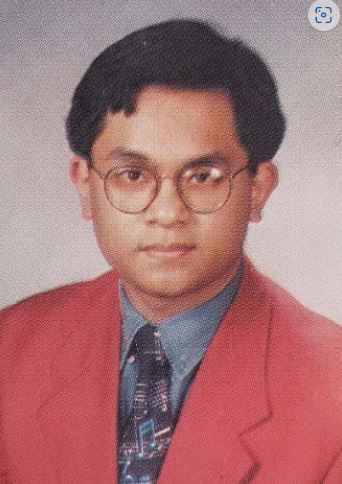
Like many undergrads (particularly from immigrant backgrounds, mine being the AANHPI variety), I’d internalized that my grades were everything. Without them, I would be lost.
But my early and profound academic failures taught me the invaluable life lesson that this was completely false! I’d come out shaken but OK, and was able to slowly but surely find meaning and purpose. I am thankful that I had a great support network of family and friends — and am lucky to have had no serious or sustained mental health challenges.
I’m also lucky that I’m able to occasionally get completely, utterly obsessed with stuff I find interesting or challenging.
As a young adult, I attended Star Trek and X-Files conventions, and lost myself in music composition projects. Then came student theatre, statistics (which led me to grad school twice), and bass guitar in my early 20s. And during my doctoral program, I got quite a bit into rock climbing and Krav Maga.
Today’s obsession: the digital-age data science and statistics of the individual. I call this wide-ranging field esametry (derived from “isa”, Filipino Tagalog for “one”), which sits at the intersection (and fuzzy union) of n-of-1 trials, single-subject research, functional data analysis, digital phenotyping, time series modeling, causal inference, and digital health.
So I say, find a way to your passions — may they serve you well.
George Balanchine once said: “I don’t want people who want to dance, I want people who have to dance.” Statistics is my dance. What’s yours?
Eric J. Daza is a biostatistician in data science at Evidation, a digital health company. He earned a master’s degree in applied statistics at Cornell University and a doctorate in biostatistics at The University of North Carolina at Chapel Hill. In 2022, he was recognized by Forbes as one of 16 Healthcare Innovators That You Should Know, and by Fortune as one of 10 Innovators Shaping the Future of Health.
Eric was born in Parañaque, Metro Manila. In 1988, he and his family moved to California and settled in Los Angeles. He was 9 years old. His father Nilo is from Catanauan, Quezon province, and attended the University of Santo Tomas. His mother Elvira is from Caloocan City, Metro Manila, and attended St. Theresa’s College. Both are MBA graduates from the Asian Institute of Management. This piece originally appeared in Medium.com and is being republished here with permission.

